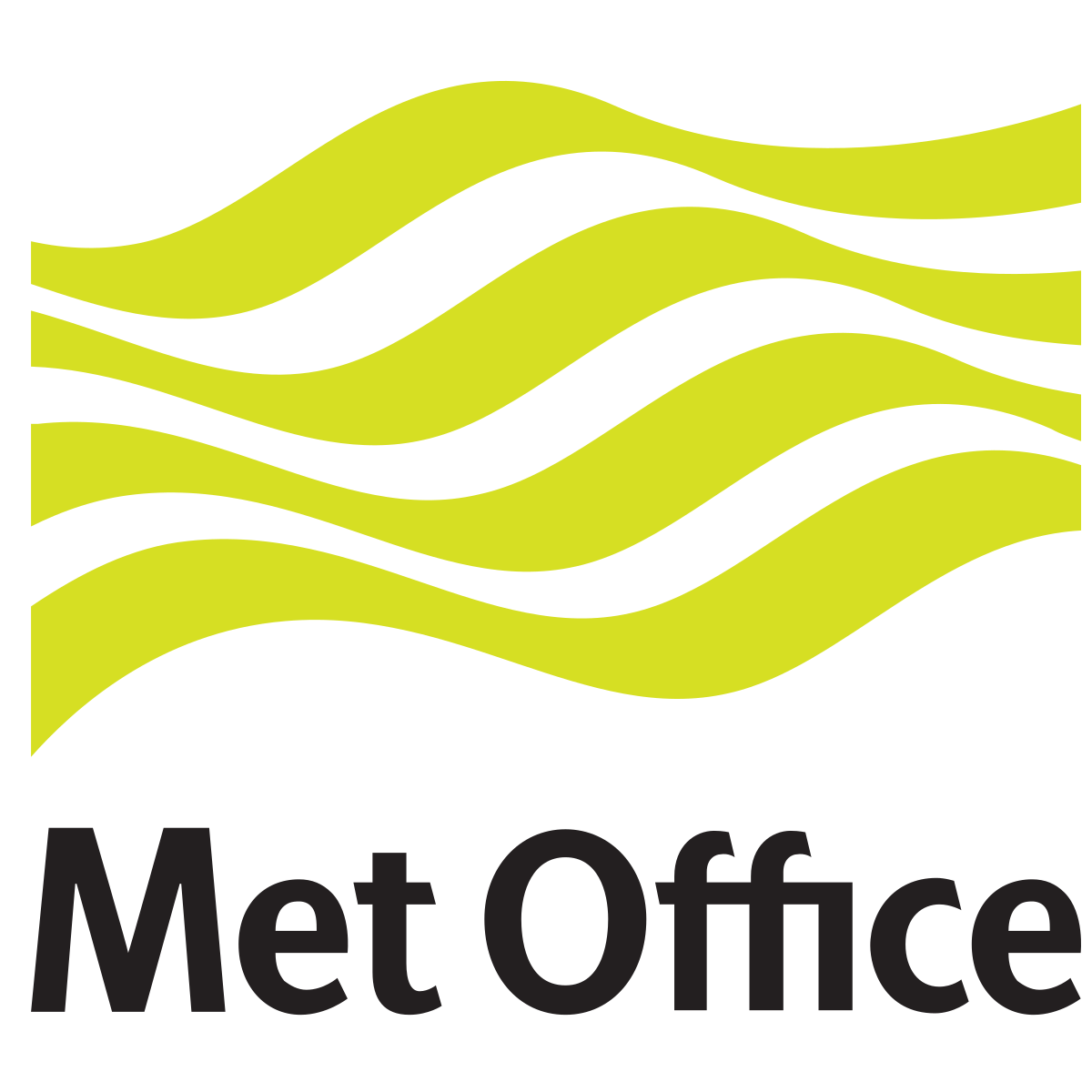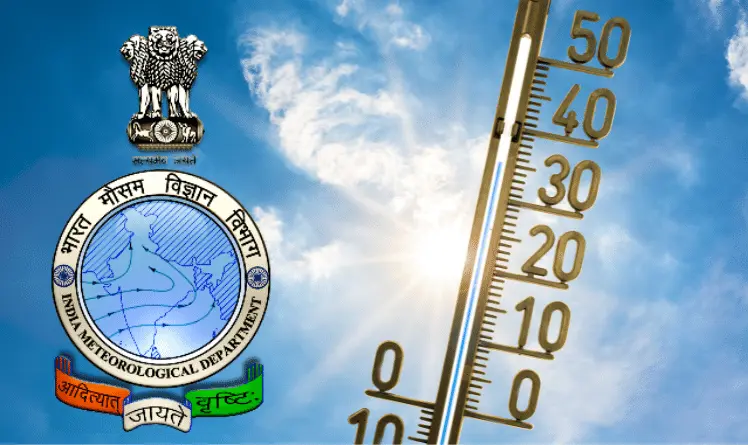As heavy rains, floods, and droughts spread across the country, a top weather official stated, “India is testing artificial intelligence (AI) to construct climate models” to better weather forecasting.
Independent Centre for Science and Environment reports that over 3,000 people have lost their lives to severe weather events in India this year and that this is primarily due to the increased frequency and severity of these storms brought about by global warming.
The Met Office believes that artificial intelligence (AI) might “revolutionize” weather prediction due to its ability to cut costs and enhance speed. A recent model that was funded by Google outperformed conventional approaches. As a result, weather agencies throughout the world are concentrating on AI.

“The world’s second-largest rice, wheat, and sugar producer.” With 1.4 billion people, many of whom live in poverty, India relies heavily on accurate weather forecasts.
With the help of mathematical models and supercomputers, the India Meteorological Department (IMD) makes weather forecasts. A more cost-effective and higher-quality forecast could be achieved by combining AI with a broader observation network.

According to K.S. Hosalikar, IMD’s head of climate research and services, “the department expects the AI-based climate models and advisories that it is developing to help improve forecasts.” The meteorological service has used AI to notify the public of heatwaves and diseases such as malaria. He said that the business plans to increase the number of weather observatories it operates, which will allow it to disseminate data to smaller communities and maybe even provide more precise predictions.

The government stated on Thursday that it plans to build “weather and climate forecasts” by incorporating AI into traditional models and that it has set up a laboratory to test the idea through workshops and conferences.
“An AI model doesn’t require the high cost involved in running a supercomputer – you can even run it out of a good quality desktop,” said Saurabh Rathore, an assistant professor at the Indian Institute of Technology-Delhi. Better data, according to experts, is also required to make the most of AI.
“Without having high-resolution data in space and time, no AI model for location-specific magnification of existing model forecasts is feasible,” explained Parthasarathi Mukhopadhyay, a climate scientist at IITM.




